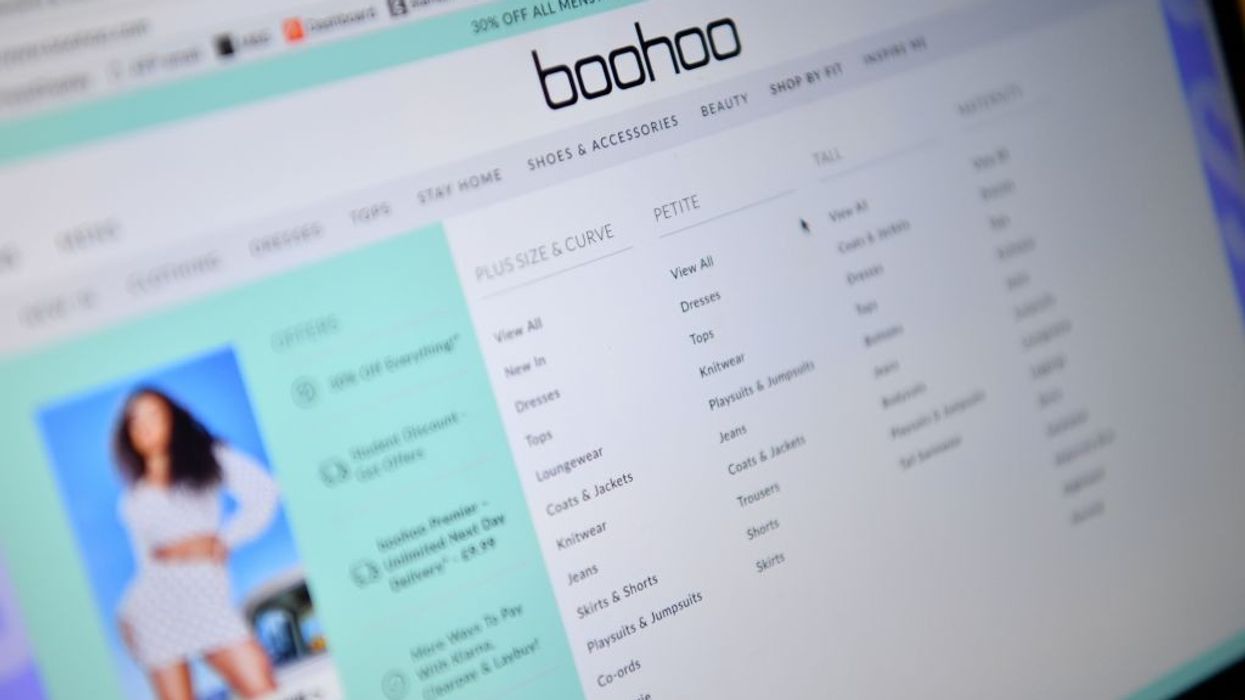RECOVERING from challenges and controversies was tough for Boohoo boss John Lyttle, but he remains committed to grow the online fast-fashion brand, The Times reported.
"It was tough. There’s no point in saying it was easy, it was tough,” he said about the past year.
Lyttle, 54, managed the firm through the pandemic, dealt with the sudden death of his 20-year-old son and a scandal about alleged illegal conditions in Boohoo's Leicester supply chain.
Despite all these challenges, the online retailer grew 41 per cent last year.
“...we managed our way through Covid, we had all the media and investor attention last summer but we also acquired six new brands, opened two warehouses and a London office . . . As I keep telling people, ‘If you want to grow you’re gonna have to take on operations like that',” he said.
“Boohoo works on speed. We can replenish within days and weeks so even if we get something totally wrong, it’s not a disaster,” Lyttle added.
Cofounded by Mahmud Kamani and Carol Kane in 2006, Boohoo became an online platform of 13 fashion brands last year, compared with the one womenswear brand when it was floated in 2014.
He scoffed at the rhetoric that online retail is responsible for the decline of the high street, the newspaper said.
“It’s like saying the motorcar is destroying the horse and cart. Things are progressing and everyone has to progress with that,” he added.
Meanwhile, Boohoo suffered a big blow when an investigation revealed textile workers were paid £3.50 an hour in unsafe conditions in Leicester.
A report by Alison Levitt QC, commissioned and made public by the retailer, underlined that senior bosses knew about the unacceptable working conditions and poor treatment of workers.
He added that the Boohoo’s decision to make the report public highlights the company’s commitment to fix the problem.
Boohoo strategy
“If we get something totally wrong, it’s not a disaster,” Lyttle said of Boohoo’s strategy.
He further said the company had already started to fix its UK supply chain before the issue came to limelight, but the pandemic delayed its efforts.
“The issue we really had was unauthorised subcontracting. We should have had better controls on that, that was the big issue,” he added.
To fix the problem, Boohoo culled its Leicester supply chain. It dropped more than 60, and is currently working with 66 larger factories that can work more effectively at one place.
The firm used to make 50 per cent of its clothes in the UK a few years ago, which has now shrunk to 20 per cent. It now relies more on overseas suppliers that can accommodate its rapid growth.
Moreover, Boohoo is building a “model factory” in Leicester this year to prove that it is possible to manufacture in the UK and pay staff a fair wage.
“There will always be something that we could have done quicker, there’ll always be something that needs a bit more time and effort. But it’s about how we approach it and how we learn as we grow,” he added.




